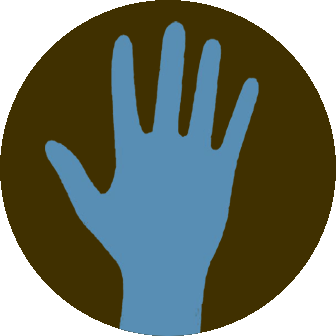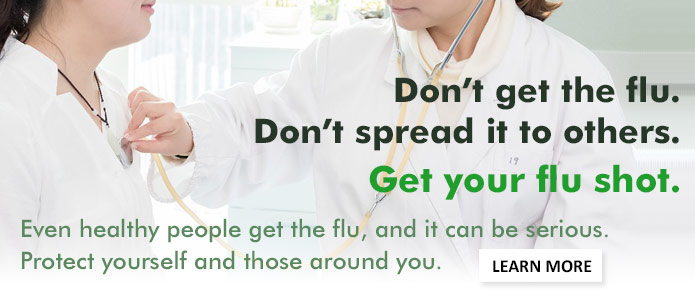 Human trafficking involves the exploitation of a person for labor, commercial sex, or other service against their will.
It victimizes youth and adults – Mississippians and otherwise – who are easily victimized.
Human trafficking involves the exploitation of a person for labor, commercial sex, or other service against their will.
It victimizes youth and adults – Mississippians and otherwise – who are easily victimized.
It happens here: More than 200 victims of human trafficking were reported in Mississippi in 2023, most of them involved in sex trafficking. Human trafficking victims can be found working in restaurants or homes, on farms or construction sites as well as in the sex trade. Mississippi human trafficking statistics →
What it is: Human trafficking is the recruiting, harboring, transporting, or providing a person for labor services or commercial sex acts through force, fraud, or coercion. Victims are subjected to involuntary servitude: held against their will and forced to work, frequently under the threat of violence to themselves or their families. It includes any commercial sex involving a minor.
Human traffickers prey on those who become disadvantaged – even temporarily – due to age, social abandonment, economic hardship, disasters, emergencies or criminal activity. The demand for cheap labor drives the market for human trafficking victims.
Recognizing Human Trafficking
Victims of human trafficking could be people you meet, work with, or care for every day. Traffickers use a variety of means to control victims and limit their freedom.
Typical Signs
- Lack of identifying documents such as a driver's license or passport. Traffickers seize these from their victims to restrict their freedom of movement and limit their actions.
- Lack of control of their own money. Traffickers withhold or deny wages, and limit access to cash in order to control their victims.
- Signs of physical abuse such as bruises or scars.
- Unusual fearfulness. Victims may be working under threats to themselves, their family, their property or their freedom.
- Unwillingness to communicate or socialize. Victims may be fearful to communicate with their friends, family or authorities.
- Lack of food, sleep or proper care. Victims may be subject to very poor living conditions and treatment.
- Being underage for their work, especially if it involves commercial sex.
What to Look For
- Is the victim accompanied by another person who is controlling, or speaks for the victim, or provides their personal information?
- Does the victim seem submissive or fearful, refuses to make eye contact, or seem afraid to speak?
- Does the victim seem confused, unaware of their location, or claim to be only visiting?
- Is the victim reluctant or evasive about discussing their injuries? Are there inconsistencies in their medical history?
- Is the victim restrained or is their movement restricted by locked doors, barred windows, or security cameras?
- Is the victim inadequately dressed for the work they're doing?
- Does the victim live in an unsuitable or degraded place, or share sleeping quarters?
To Report Human Trafficking
Under 18
If you suspect that a person under 18 is being trafficked, report it to the Mississippi Department of Child Protection Services. Call 1-800-222-8000, or make an report online.
18 and Over
Report suspected human trafficking of an adult by contacting the MDHS Adult Protective Services at 1-844-437-6282, or by making a vulnerable adult report online.
Help and information: National Human Trafficking Hotline: 1-888-373-7888 or text BEFREE (233733).
Avoid Becoming a Victim
Human traffickers exploit vulnerable individuals by offering money, jobs or comfort. It's easy to fall into these traps. Here's what to look for:
- Job offers for high pay that require little or no skills or experience.
- Relationships that become controlling, or friends/employers who want to control your access to money or personal identification.
- Requests from someone online for personal details, photos or identifying documents.
Resources
Statistics
More Information
- The Blue CampaignRaising awareness and providing education on human trafficking
- Mississippi Bureau of InvestigationMonitoring, preventing and reporting human trafficking in Mississippi
- The Polaris ProjectPreventing human trafficking worldwide, and helping victims
Human Trafficking Hotline
- 1-888-373-7888
- help@humantraffickinghotline.org
- humantraffickinghotline.org

